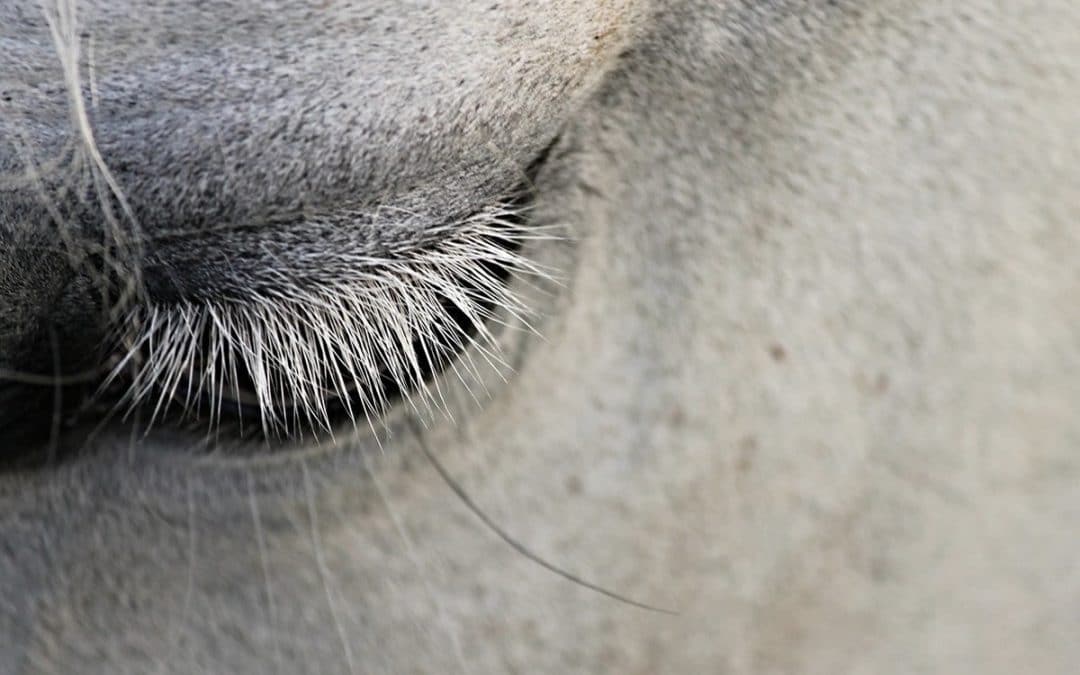What happens when we swallow our anger? When we don’t or can’t suitably discharge it? When instead, we find it ruminating inside the mind?
Most people understand that anger can be ignited by a tangible threat (eg. a car swerving towards us) and by a perception (e.g. “I think that driver directed the car towards us on purpose”).
And it’s probably fair to suggest that we’ve all experienced nano-second reactions diverting all resources towards bodily readiness for fight or flight. Anger switches the brain to ‘survival’ mode and initiates physiological readiness for self-defence.
Rational thinking then has no feed and is depleted.
Interestingly, studies show that anger can actually lower levels of the stress hormone cortisol because it stimulates the brain’s left hemisphere into taking purposeful action, like standing up to a bully (outward expression), or turning inwards to propel you away from repeating a hideous behaviour.
Unfortunately, society does tend to reward those who use anger to shout loudest, though it’s difficult to see how upset, irrational behaviour, or even violence might be useful to anyone.
Some people use their expression of anger to get action from others, and tantrums are usually the result of anger being used as a tool to manipulate the behaviour of others, or as a pitch for hierarchical dominance.
So what happens when we swallow our anger? When we don’t or can’t suitably discharge it? When instead, we find it ruminating inside the mind?
Then our underlying stress levels simmer, and simmer, until a safer displacement opportunity turns up, like kicking the dog, or shouting at the kids, when we really feel mad towards an absent colleague.
Sometimes we ruminate enough to bring the simmering emotion to boiling point, causing great distress to those bewildered witnesses who ask ‘how did that happen?’ judging a seemingly insignificant word or action, to have caused the eruption.
Repressing one’s anger can also produce passive aggressive behaviours like withdrawing our attention from, or ignoring others, which leaves the other person feeling unsure about what’s happening. And since our brains do not like uncertainty, generating it in another person, like the feeling of ‘not knowing’, can precipitate their sense of perceived threat (thus anger gets discharged through punishment that avoids violence or admonishment).
NLP enables us to look at the boundary conditions of someone’s ‘map of the world’ and this is where we find our highly prized and defendable life rules. Sometimes these are evident as core values, for example if you prize freedom as a core value and someone tries to restrain you, anger may be instantaneous, unless you’ve learned a better strategy.
Did you notice your strategies for anger?
Are your boundary conditions formidable, or flexible?
NLP provides a vital foundation of skills that help you recognise and upgrade thinking, feeling and behavioural strategies, including anger. Learn with us, so you get to make swift changes within yourself, and when dealing with the strategies of others.




Recent Comments